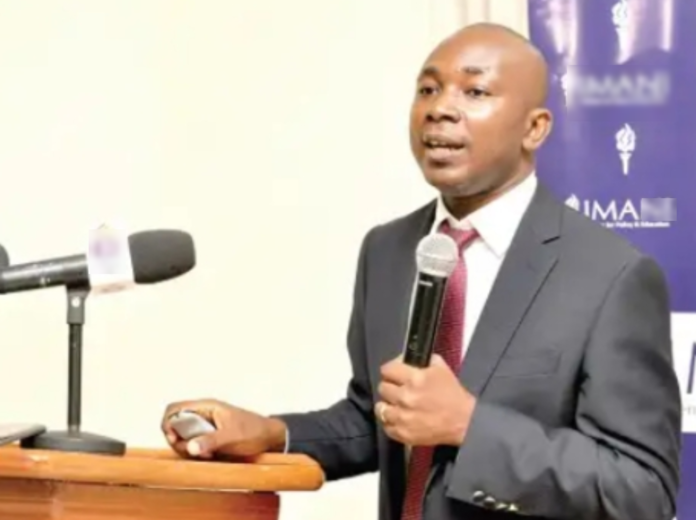Economist and finance professor Godfred Alufar Bokpin has expressed serious worries about the absence of explicit anti-corruption measures in President John Mahama’s recently unveiled 8-point economic reset plan.
Speaking on Joy FM’s Super Morning Show on Tuesday, May 27, Professor Bokpin warned that this omission could jeopardize Ghana’s long-term economic recovery.
“During the president’s inauguration, he highlighted four priority areas, including fighting corruption. But in this 8-point agenda, corruption isn’t sufficiently highlighted. This oversight is concerning given how crucial transparency is for sustainable growth,” he stated.
Ghana’s standing on corruption remains a challenge. The country ranks 72nd out of 180 nations on Transparency International’s 2023 Corruption Perception Index with a score of 43/100, slightly below the sub-Saharan African average of 44.
From 2020 to 2023, procurement irregularities reportedly led to losses of GHS12.5 billion. Civil society organisations like IMANI Africa have noted that 37% of government contracts show signs of over-invoicing. The United Nations Office on Drugs and Crime (UNODC) estimates corruption costs Ghana approximately $3 billion annually, while a 2023 Ghana Statistical Service survey revealed that 72% of businesses view graft as a major obstacle.
Afrobarometer data indicates that only 9% of Ghanaians trust government efforts to combat corruption, highlighting the urgent need for stronger measures.
In response, Deputy Finance Minister Thomas Ampem Nyarko defended the government’s approach, emphasizing that President Mahama’s economic framework is flexible enough to include corruption as a key concern.
“I want to assure everyone that the eight points President Mahama listed can be expanded to include corruption and other key concerns. We’ve made strong statements in the past about our commitment to fighting corruption. So, I do not believe that its omission here suggests the President is any less committed. He has made that clear — and he stands by it,” Nyarko said.
He pointed out that the emphasis on Public Financial Management (PFM) reflects the administration’s broader resolve to tackle corruption.
“PFM, by its nature, speaks to our resolve to fight corruption. Yes, people expect the President to address everything, but if we tried to capture every issue, the list could easily grow to over a hundred points. What matters is that these pillars are expandable — they can evolve to reflect the concerns of our citizens,” he added.
Nyarko also reassured the public and economic observers that Ghana’s planned exit from the IMF programme will not lead to financial mismanagement.
“We want to assure Professor Bokpin and all others with genuine concerns that exiting the IMF programme will not take us back into financial mismanagement. We are determined not to return to the IMF.”
“President Mahama has been consistent on this point — this must be the last time Ghana turns to the IMF. We can be disciplined on our own. And we will be,” he concluded.


